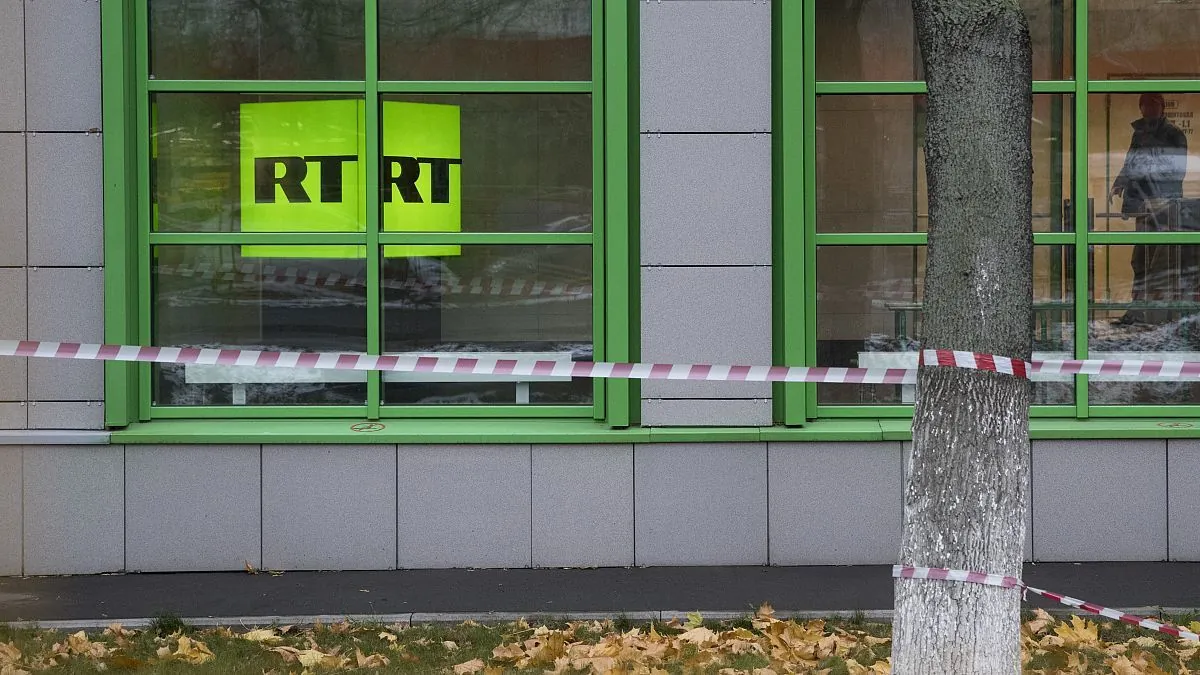The U.S. Justice Department has taken action against two employees of RT, the Russian state-controlled television network, accusing them of money laundering in an alleged scheme to influence the upcoming 2024 U.S. presidential election. This development comes as part of ongoing efforts to counter foreign interference in American democratic processes.
According to U.S. officials, the accused individuals, Konstantin Kalashnikov and Elena Afanasyeva, allegedly used shell companies and false identities to transfer $10 million to an unnamed Tennessee-based company. The purpose was to produce online content aimed at exacerbating political divisions within the United States.
The Justice Department claims that the Tennessee company created nearly 2,000 videos on controversial topics such as immigration and inflation. These videos have reportedly garnered 16 million views on YouTube since November 2023. In one instance, Afanasyeva allegedly instructed the company to produce content blaming Ukraine and the United States for a terrorist attack in Moscow.
U.S. Attorney General Merrick Garland emphasized the government's commitment to disrupting attempts by foreign actors to interfere in American elections. The FBI has also sought court approval to seize 32 internet domains allegedly linked to Russia's foreign influence efforts.
In response to these allegations, RT dismissed the accusations with sarcasm, stating, "Three things are certain in life: death, taxes and RT's interference in the US elections." The network ceased operations in the United States following Russia's invasion of Ukraine.
Russian officials have also denied the accusations. Maria Butina, a State Duma deputy, called the claims "pure rubbish" and suggested that the outcome of the U.S. election is irrelevant to Moscow.
"The only winner of the U.S. election is the U.S. private military industrial complex."
This latest development follows a pattern of concerns about Russian interference in U.S. elections. Intelligence assessments have previously indicated that Moscow attempted to aid Donald Trump in both the 2016 and 2020 presidential elections, allegations that Russia has consistently denied.
U.S. officials warn that Russian President Vladimir Putin and his associates have adopted increasingly sophisticated techniques for influencing elections. These methods reportedly include targeting specific voter groups in battleground states and utilizing bot farms and artificial intelligence.
The Justice Department's actions extend beyond the RT employees. The FBI recently searched the homes of two Americans with ties to Russian state media, including former U.N. weapons inspector Scott Ritter and Dimitri Simes, who advised Trump's 2016 campaign.
As the November 5, 2024, election approaches, U.S. authorities remain vigilant against potential foreign interference. The government's efforts to counter these threats underscore the ongoing challenges in safeguarding the integrity of democratic processes in an increasingly interconnected global information landscape.
